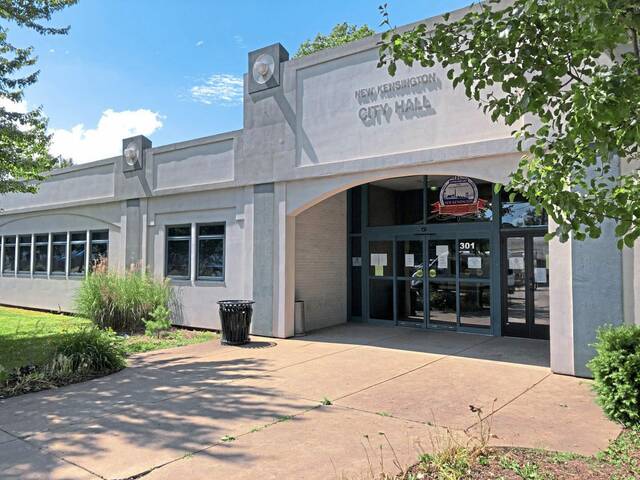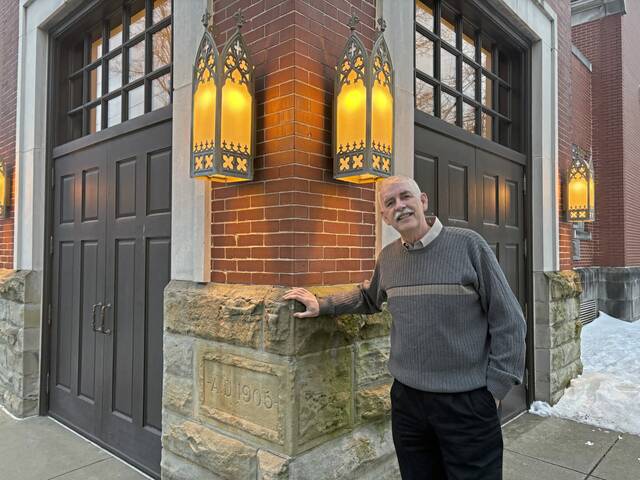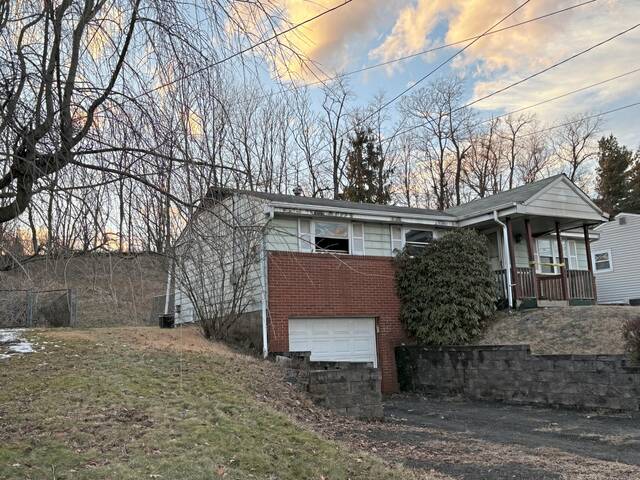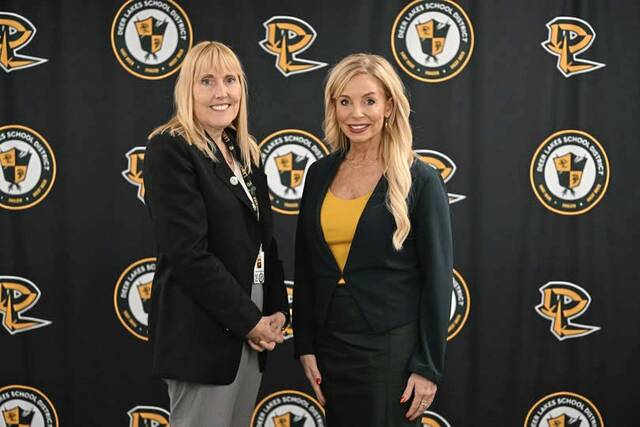Unlike school districts and county governments, Alle-Kiski Valley municipalities aren’t sounding the alarm on how the state’s budget impasse is affecting their coffers or future projects.
In fact, unless the impasse continues well into next year, local governments won’t be feeling it at all.
“It’s really not hurting us at this point,” said New Kensington City Clerk John Zavadak. “Most of our stuff is based on our own (local) tax revenue.”
The state budget is due annually by July 1, but lawmakers in Harrisburg still haven’t agreed on a spending plan. Armstrong and Westmoreland counties last week announced furloughs and cuts to services. Allegheny County has instituted a hiring and spending freeze.
Many school districts across the state, some of which are highly dependent on state funding, say they are depleting budget reserves and may have to resort to borrowing money if Harrisburg can’t come up with a budget this month.
But the smallest levels of government, which rely much more on local tax revenue rather than state or federal funding, are doing OK, area officials say.
Municipalities have already received their liquid fuels payments, which is money from the state specifically for road maintenance. The annual distributions from PennDOT assist with expenses such as snow removal and road repaving.
The formula that determines a municipality’s allocation is based on its population and miles of locally owned roads.
The money comes from state taxes, mostly on oil companies, for fuels shipped and sold in the state.
Because Indiana Township received its liquid fuels funds for this year, Township Manager Dan Anderson doesn’t anticipate an impact on paving or snow removal plans at this time.
New Kensington got about $400,000 in liquid fuels revenue this year, Zavadak said.
In total, less than 8% of New Kensington’s budget comes from state revenue, Zavadak said.
“It would only affect us if it went on into the May or June time frame, which I can’t imagine that would happen,” he said.
Lower Burrell is in the same boat. City Manager Greg Primm said the state budget impasse hasn’t hurt municipal operations at all.
Lower Burrell got around $379,000 this year in state liquid fuels tax revenue, Primm said.
Less than 8% of the municipal budget includes state funding, Primm said. In September, the city got $337,000 in pension aid from the auditor general’s office, $4,200 in liquor licenses from the state liquor control board and $5,400 in Public Utility Realty Tax from the Department of Revenue.
“Those are all state checks,” he said. “We’re getting everything we were supposed to get.”
The impasse may delay state grant awards, but municipalities continue to apply for them, he said.
Springdale’s government also hasn’t seen effects of the state budget impasse, said Councilman Dan Copeland, but he thinks grants are seemingly more limited now.
He said the borough is “more fortunate” than other places that it doesn’t depend too much on state funding.
“We’re self-sufficient for the most part,” he said.
Aspinwall’s budget hasn’t been affected by the state or federal budget issues, said Borough Manager Melissa Lang-O’Malley.
In March, Aspinwall received $73,500 in liquid fuels funding, which it uses to cover the cost of streetlights, Lang-O’Malley said.
And in September, the borough received $153,300 through a state program that helps municipalities meet pension funding obligations for employees.
“As we look ahead to 2026, there is still uncertainty about future state and federal funding levels,” Lang-O’Malley said. “Like many communities, our borough budget is built on anticipated tax revenues, and we will continue to plan carefully to make sure essential services are supported.”
Same is true in Upper Burrell, where officials anticipated about $118,750 this year in liquid fuels tax revenue, said Supervisors Chairman Ross G. Walker III.
“I think (the budget impasse) will be resolved by that time,” Walker said of the months it would take for the state budget mess to affect the township. “We’re not worried about it yet. And if it isn’t resolved right away, they will retroactively pay us.”
Staff writers Joyce Hanz, James Engel and Tawnya Panizzi contributed.








